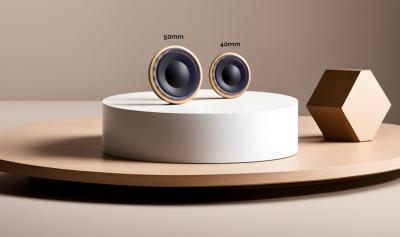Memsift Innovations acquires graphene membrane technology from Singapore’s Ngee Ann Polytechnic
Singapore-based Memsift Innovations has entered into a technology transfer agreement with Singapore’s Ngee Ann Polytechnic on an innovative graphene membrane technology.
It was explained that the technology, featuring graphene oxide-based hollow fiber ultrafiltration and nanofiltration membranes, was developed based on over a decade of research and development. The ultrafiltration technology utilizes a graphene oxide-block copolymer composite renowned for its exceptional chemical and thermal stability, making it ideal for harsh industrial applications. Its unique surface chemistry forms a protective water layer that effectively prevents fouling. The nanofiltration technology employs a robust single-layer modified graphene oxide membrane with synthetic water channels, enhancing selectivity and permeability. This enables efficient molecular-level separation and differentiation between monovalent and multivalent ions.






